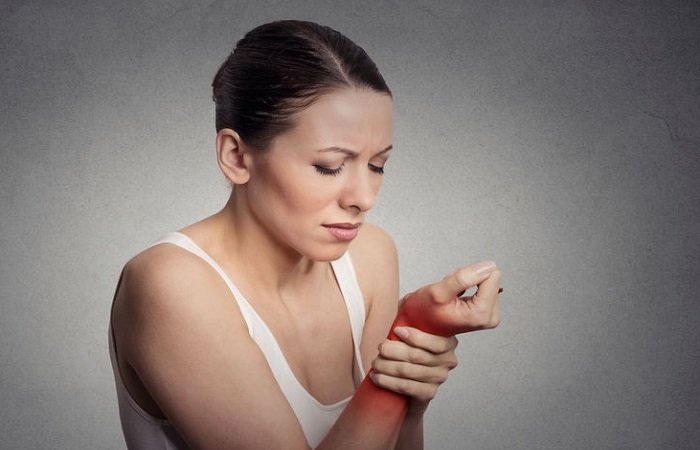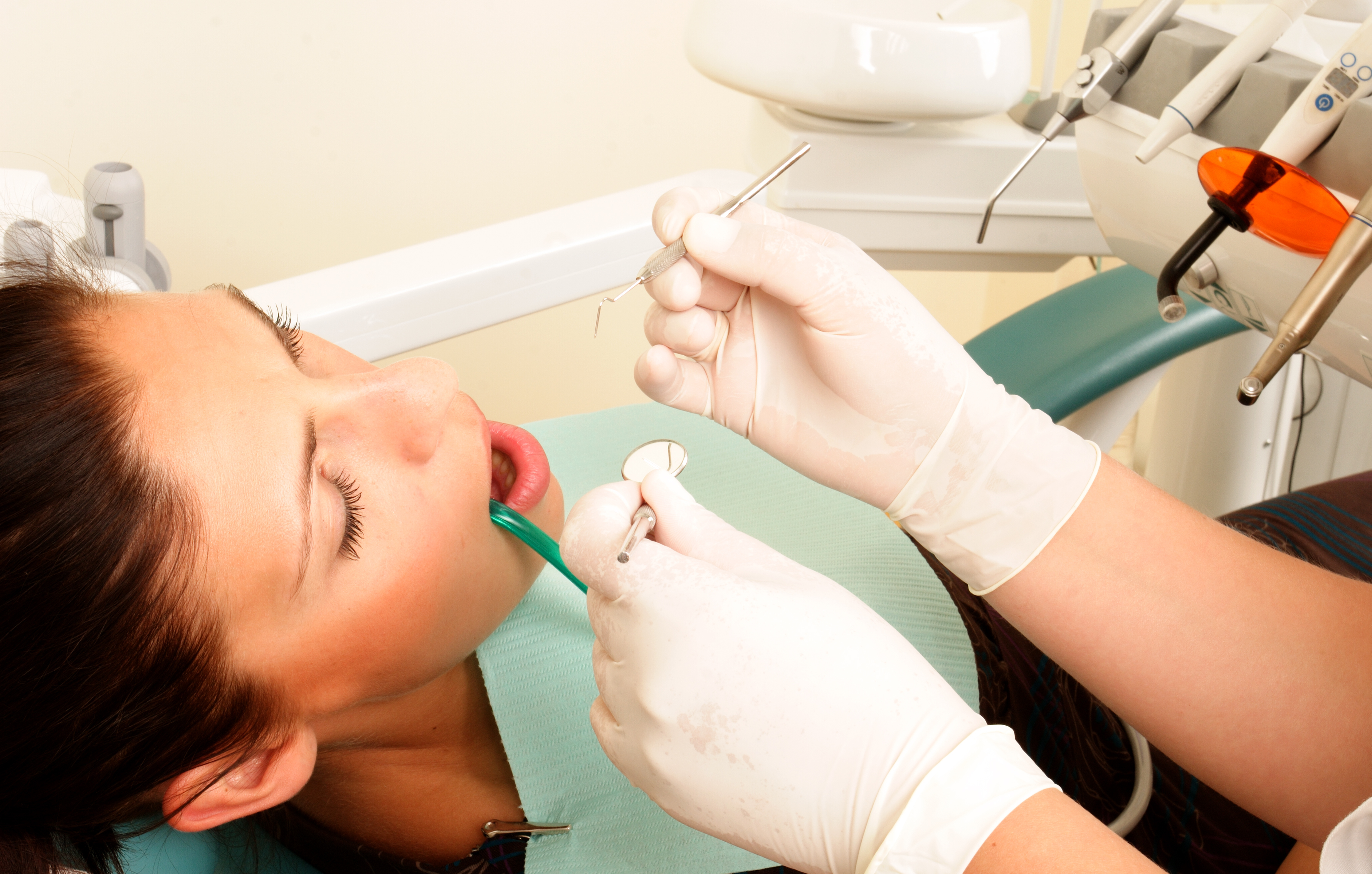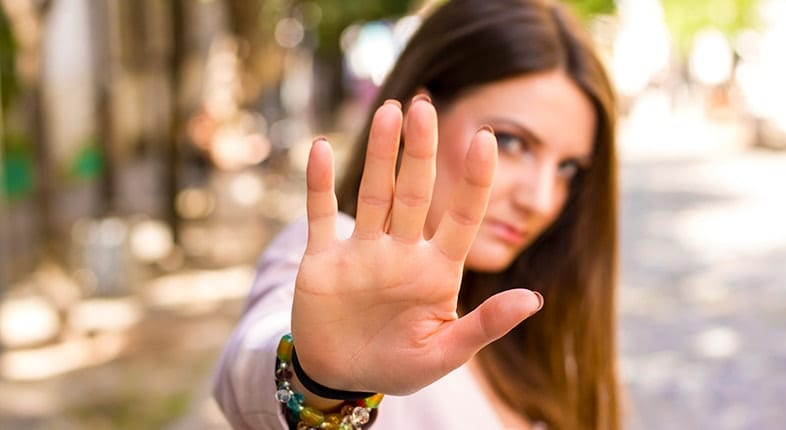Contents:
Medical Video: Eczema & Allergies : Causes of Eczema
What is allergic eczema?
When the body comes into contact with something that can make you sick, your body's immune system produces chemical changes to help the body avoid disease. You are exposed to thousands of substances every day, and most will not cause the immune system to react. However, you can also be exposed to substances that are not harmful to the body, but can cause the immune system to react. This substance is called an allergen, and its reaction is called allergies.
Allergic reactions can occur in several forms. Some people have difficulty breathing, coughing, hot eyes, and runny nose. Other allergic reactions can cause changes to the skin. Eczema allergy is an itchy rash on the skin that appears when you are exposed to allergens. This condition often occurs several hours after you have been exposed to an allergic reaction agent.
Allergic eczema is also known as:
- Allergic dermatitis
- Contact dermatitis
- Allergic contact dermatitis
- Contact eczema
What causes allergic eczema?
Allergic eczema occurs when you experience direct contact with allergens. This type of allergic reaction is also known as delayed allergies because sometimes some exposure is needed for allergens to cause a reaction. Symptoms of allergic eczema can occur after 24 to 48 hours after you have contact with an allergen.
Although allergic eczema can occur due to an immune response to certain substances, the main triggers include:
- Nickel, which is contained in earrings, jewelry, belts, and metal buttons on jeans
- Cosmetic perfume
- Certain clothing dyes
- Chemicals in hair products
- Latex
- Gluten
- Skin antibiotic creams like neomycin
Allergic eczema can also occur when the skin is exposed to chemicals from sunlight. One example is an allergic reaction that occurs after the use of sunscreen and is exposed to sunlight.
Recognize signs of allergic eczema
Symptoms of eczema allergy vary and can change in each person. Symptoms usually occur on the skin that has contact with allergens. In rare cases, symptoms can spread to other areas of the skin.
Common symptoms include:
- Itching on the skin
- Burning sensation or pain in the skin
- Red bumps on the skin that can festering or crusty
- Hot and painful skin
- The skin becomes scaly, rough or thickened
- Dry, red or rough skin
- Inflammation of the skin
- Incision on the skin
- Skin rash
How do I know if I have allergic eczema?
If you experience symptoms of allergic eczema, your doctor will examine your skin. Although a doctor can diagnose an allergic reaction, he may need a test to determine exactly what allergies you have. Usually epicutaneous (on the surface of the skin) or patch test is needed.
Patch test
On this test, a patch containing common allergens is placed on your back for 48 hours. When removing the patch, the doctor will check for signs of an allergic reaction. The doctor will check again after 2 days to see a delayed allergic reaction.
Biopsy
If a doctor cannot diagnose based on a patch test, other tests can be needed. Your doctor can do a skin biopsy (take a skin sample for laboratory tests) to make sure your skin is not caused by other health problems.
How do you treat eczema allergies?
Treatment of eczema allergies depends on the severity of the symptoms. It is important to wash the skin with plenty of water to get rid of allergen marks. If symptoms are mild and do not bother you, no further treatment is needed. You can use a moisturizing cream to keep your skin hydrated and repair damage. Over-the-counter corticosteroid creams can relieve itching and inflammation.
If symptoms are severe, your doctor can prescribe ointment or cream. Corticosteroid pills or injections can be prescribed if needed.
With treatment, allergic eczema can disappear in 2 to 3 weeks. However, the condition can occur again if you are exposed to allergens again. Identifying allergens and avoiding them can prevent you from other allergic reactions.
Hello Health Group does not provide medical advice, diagnosis or treatment.












